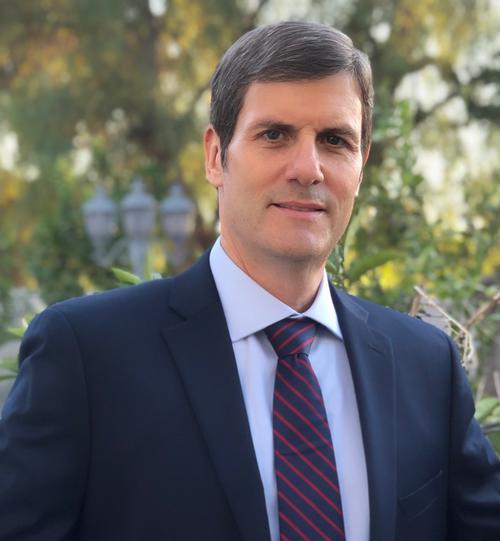Most people are not aware about the limits placed on the police report that involves an injury in California. There are misconceptions out there on how powerful the police report actually is, and they are directly related to a personal injury case.
WHAT ARE THE THREE MYTHS OF THE POLICE REPORT?
First, the police officer cannot testify at trial about what caused a particular injury producing event, whether it is a car collision, bicycle or pedestrian injury. The type of injury does not matter. The only exception to this is if the police officer actually witnessed the injury producing event, then he or she can offer their opinion as to what occurred and who is principally at fault. But think about how rare that is. In fact, I have only had a few cases in the last 21 years that involve a police officer witnessing the injury producing event.
However, a good injury lawyer can ask the police officer at trial if after speaking to all parties at the scene of a car collision, and viewing the property damage, did he or she "form an impression" in his or her mind as to what occurred? This question is not asking for fault, but is skims real close to it. Beyond that, a good injury lawyer can certainly ask questions about what statements were said to the officer. Such questions go to what the police officer "saw, heard and wrote down." Those are allowable questions.
Another thing I like to ask is to verify the location of the car collision and whether it was near a school, church or hospital. This reminds the jury of the location of the danger, and who else this inattentive driver could have injured.
Second, just because the police officer writes down you were at fault does not mean you were 100% or even 1% at fault. Sometimes the police officer writes down somebody was at fault from witness statements that were incorrect. Or, the police officer is "assuming fault." There are so many other ways to get to the truth of what really happened beyond what the police officer wrote down as to who was at fault. For example, the statements that were recorded by the police officer of the real at-fault party can reveal more culpability on the part of the other driver. One can also examine the property damage locations to both vehicles to help reconstruct what happened and who broke the safety driving rule.
Third, just because your personal injury case from a car collision does not have police report does not mean you do not have a strong personal injury case. Most of the time, the police are busy with other pressing matters and cannot show up to do a report. Or, the police assume there are no serious injuries because nobody went to the hospital even though most soft tissue injuries do not show up until hours later or the next day. Not every injury case is going to have a police report and they still turn out to be a strong case against the other driver. So, never assume your case is weakened because there is was no police report made.
WHAT IS THE BOTTOMLINE WITH THE POLICE REPORT?
The bottomline is the police report is a powerful tool to help reconstruct what occured in car collision case. Although there are legal limits placed upon the police officer as to opinions of fault, it does tell the story of what happened to an injured person by documenting everything else. Some examples of this include the property damage locations to the vehicles, date and time of the collision, time of day, with location of the collision, the damage debris field from the impact of the cars, and statements from the drivers and other independent witnesses. A good police officer will even document injuries. At the same time, not having the police report in your personal injury case does not weaken your case.
If you are injured from somebody not paying attention, and you have questions about your particular situation, I invite you to give me a call at 619.813.7955. I take questions like this everyday, and so I have become pretty good at it, and I would like to see if I can help you. With that said, stay strong! Attorney Mark Blane


